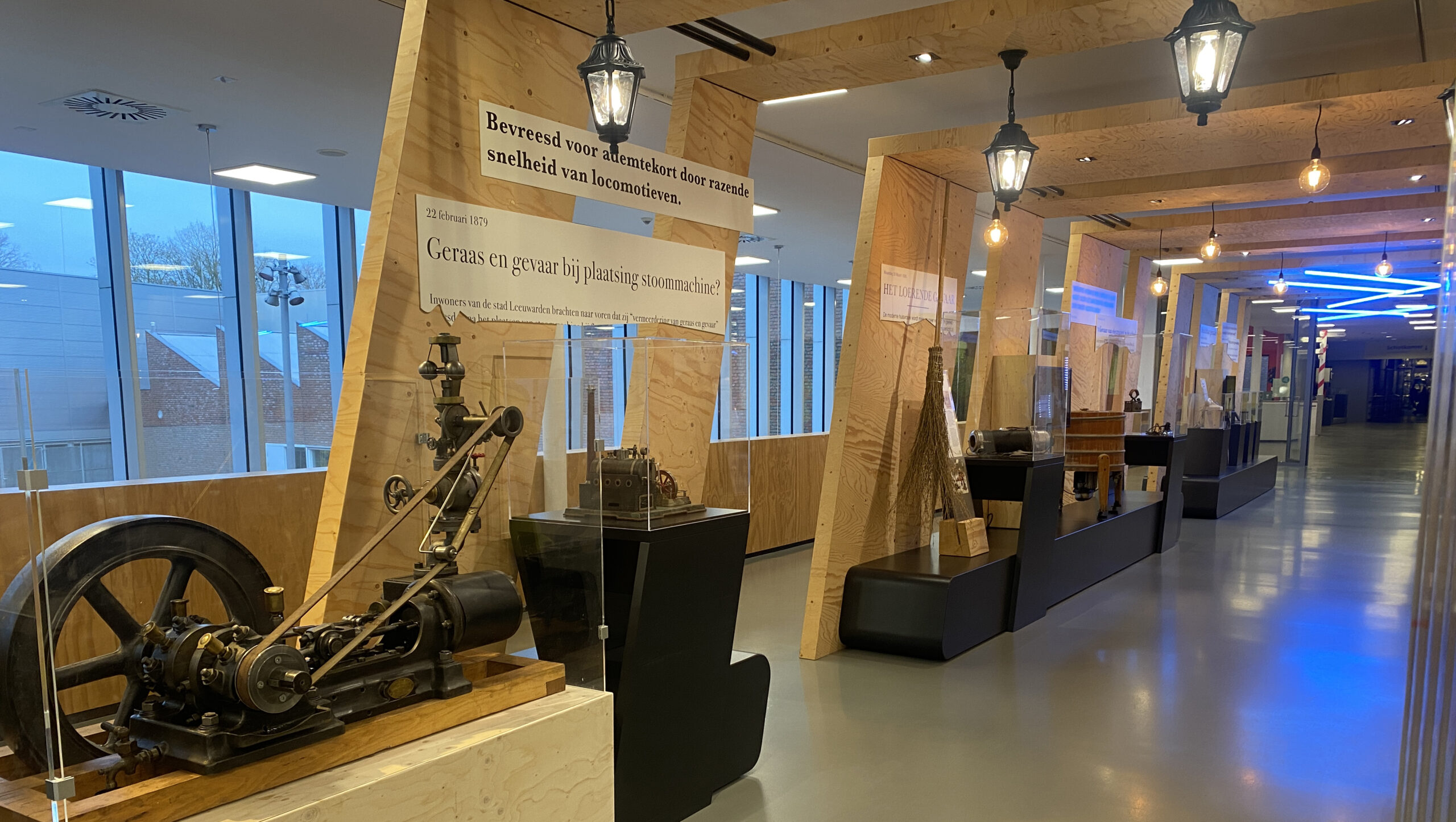
People are always looking for new innovations and technologies to solve problems, improve their lives, and stay ahead of the competition. People also want to satisfy their curiosity and work more efficiently.
New technology can also sometimes raise concerns or fears. When something is unknown, we often pay more attention to the risks and trust it less. Consider new technologies such as chatbots that give doctor’s advice, drones that deliver parcels and robots that help the elderly. These things are useful, but can also raise fears. Sometimes the worries are real, such as ‘Will I lose my job soon?’, and sometimes they are more extreme, such as ‘Are robots going to take over the world?’
With previous inventions, such as the steam engine, the train, electricity, computers, the internet and mobile phones, people were also afraid at first.
We call this fear of the new and unknown technophobia. The greater the promise of a new invention, the greater the fear of bad consequences. This fear is of all times, and it usually disappears once people have become accustomed to the new technology.
Technophobia is not new, but due to social media, this fear is now spreading faster. It helps to be well-informed about risks and to think carefully about use.
The future will show whether concerns about new technology were justified. In any case, things are never as bad as they seem.
These texts have been translated by Ai.